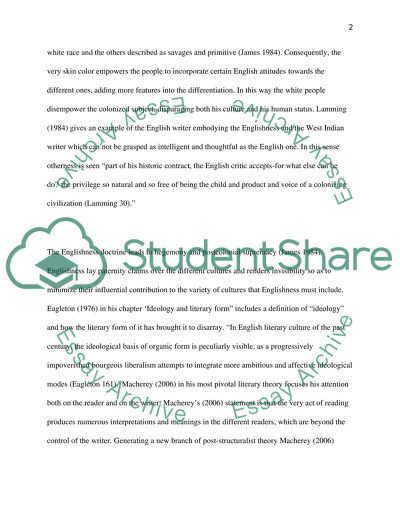Cite this document
(“Englishness Essay Example | Topics and Well Written Essays - 1250 words”, n.d.)
Retrieved from https://studentshare.org/miscellaneous/1517527-englishness
Retrieved from https://studentshare.org/miscellaneous/1517527-englishness
(Englishness Essay Example | Topics and Well Written Essays - 1250 Words)
https://studentshare.org/miscellaneous/1517527-englishness.
https://studentshare.org/miscellaneous/1517527-englishness.
“Englishness Essay Example | Topics and Well Written Essays - 1250 Words”, n.d. https://studentshare.org/miscellaneous/1517527-englishness.


